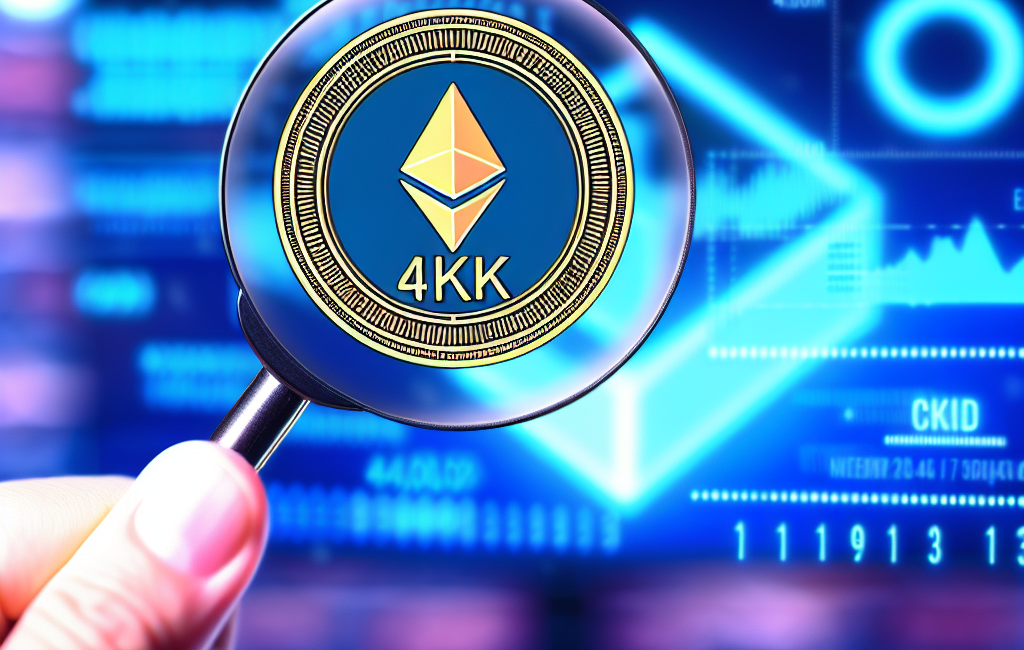UBS's uMINT fund offers new investment opportunities through blockchain technology, accessible only to accredited investors.
UBS Asset Management recently launched the 'UBS USD Money Market Investment Fund Token,' known as uMINT
This innovative fund is built on Ethereum distributed ledger technology, representing a significant step toward digitizing traditional investments. However, it is important to note that the fund will only be available through authorized distribution partners, with DigiFT serving as the first partner.
The structure of the uMINT fund
It is organized as a Singaporean variable capital company, which provides some flexibility for investors. UBS has designed this fund to be accessible only to accredited investors, which means that not everyone can participate. This approach aims to ensure that investors have an adequate understanding of the risks associated with investing in cryptocurrencies and digital financial instruments.
Features of the uMINT fund
One of the most interesting features of the fund is that it does not have a minimum investment amount imposed by UBS, although DigiFT could set one. This could make the fund more accessible to a wider range of investors, provided they meet accreditation requirements. In addition, the fund's tokens are transferable between verified and authorized clients, increasing liquidity and flexibility for investors.
Collaborations and previous successes
UBS has already demonstrated its ability to innovate in the financial sector, having previously partnered with Bank of China Investment to issue CNH 200 million (about $28 million) worth of digital structured notes on the Ethereum public blockchain. This past experience suggests that UBS is well positioned to manage and promote the uMINT fund effectively.
Conclusions and future prospects
The issuance of the uMINT fund represents an important step in the convergence of traditional finance and blockchain technology. As interest in cryptocurrencies and digital assets grows, one may wonder: could this fund mark the beginning of a new era for institutional investment in cryptocurrency? The answer to this question could have significant implications for the future of the financial sector and for investors around the world.

